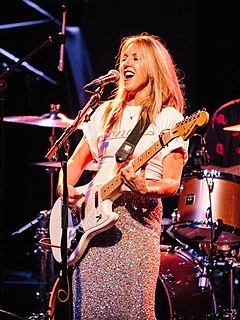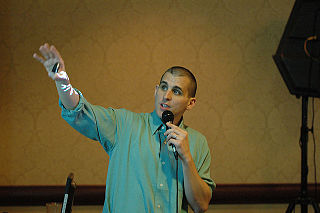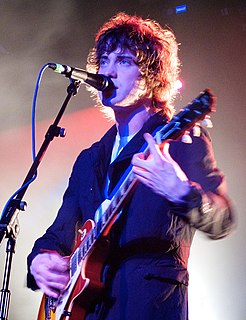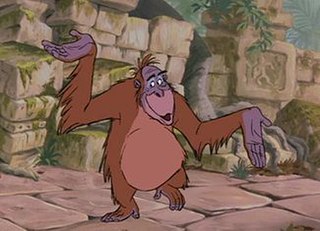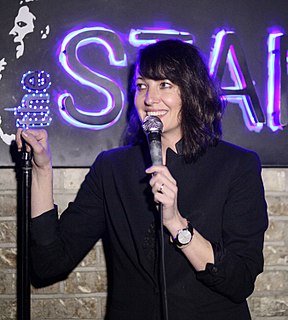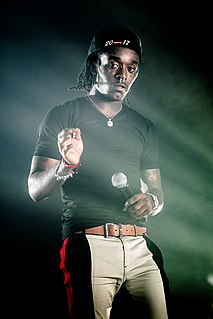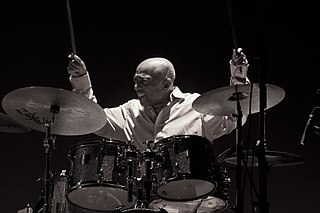A Quote by Liz Phair
Like, I kind of developed my musical style in a vacuum. Even though I listen to a lot of stuff, the way I wrote was in my bedroom, really privately. It's still the way I write, actually.
Related Quotes
I'm somebody who grew up listening to a lot of musical theater, so getting to finally write musical theater songs and songs that sound that way - the emphasis being on the storytelling, but the arrangements and the orchestrations can be really varied - I found that to be, actually, a really joyful discovery.
You have to resign yourself to the fact that you waste a lot of trees before you write anything you really like, and that's just the way it is. It's like learning an instrument, you've got to be prepared for hitting wrong notes occasionally, or quite a lot, cause I wrote an awful lot before I wrote anything I was really happy with. And read a lot. Reading really helps. Read anything you can get your hands on.
I still don't really know what my style is. I like a lot of different kinds of comedy, I like watching it and I like being inventive and original. That's the problem with doing a longer set - you can't do every joke that you have because some stuff contradicts other stuff. Even when you know that the audience knows that you're joking and it's not true, you still can't do a joke about your family dying and then later talk about your Mom. I mean you want to keep some kind of cohesive order going.
I never modeled myself after anyone. The person who had most influence on me was my mother, but it was really for her strength and courage more than her style, even though she had a lot of style. In a weird way, looking at pictures of me when I was 17 or 18, I was dressing the same way. I haven't changed very much.
I wrote a letter to my Dad - I wrote, "I really enjoy being here," but I accidentally wrote rarely instead of really. But I still wanted to use it, so I wrote, "I rarely drive steamboats, Dad - there's a lot of stuff you don't know about me. Quit trying to act like I'm a steamboat operator." This letter took a harsh turn right away.
There was a time when hip-hop was its own musical principle, aside from sampling. Like the entire Wild Style break is instrumental. Kurtis Blow's earliest stuff was studio musicians playing. Whodini had a real clear sound, things like "five minutes of funk," stuff that you could write really beautiful, lush string and horn arrangements around, stuff that was just music.
There was a lot that was tricky about playing with [Thelonious Monk]. It's a musical language where there's really no lyrics. It's something you feel and you're hearing. It's like an ongoing conversation. You really had to listen to this guy. Cause he could play the strangest tempos, and they could be very in-between tempos on some of those compositions. You really had to listen to his arrangements and the way he would play them. On his solos, you'd really have to listen good in there. You'd have to concentrate on what you were doing as well.
